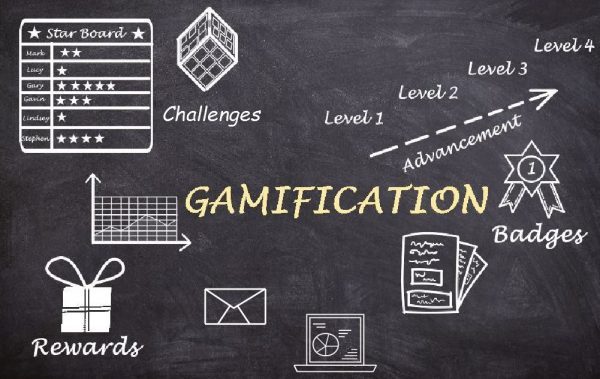In the Unit 14 Written Assignment, we were to complete an e-journal discussing our plans moving forward with our study. Looking back on what we have learned about qualitative research in the course, what would we change about our study moving forward? What do we think the most challenging part of conducting this study would be and why? Will we conduct our proposed study for our dissertation? Why or why not?
Our assignment was to be completed through one of the following e-journal platforms or a platform of your choosing, provided you can share the link with your instructor:
PenzuLinks to an external site.
I, of course, chose this blog.
Qualitative Methods in Educational Research e-Journal
Frank Jamison
The Chicago School of Professional Psychology
EP607 Qualitative Methods in Educational Research
Dr. Kelly Broxterman
April 23, 2023
Qualitative Methods in Educational Research e-Journal
This course has been very enlightening; looking back, I have learned many things. To begin with, I have learned the difference between qualitative and quantitative research and how qualitative research can produce a wealth of detailed information and an in-depth understanding of the people, programs, cases, and situations studied. Next, I have learned about the different qualitative research methods and which work best for a particular type of study.
Additionally, I’ve been made aware of social justice issues when conducting my research. These include being aware of my political and social perspectives yet open to self-questioning and self-understanding. When developing relationships with participants, I need to be wary of them revealing more than they would otherwise while also being mindful of their vulnerability to secondary trauma. When dealing with this intersubjectivity, I should try to understand these issues through reflexivity and discussion with respected colleagues.
Furthermore, I have learned about sample size estimation, triangulation of data, and trustworthiness. The concepts of data saturation, conversational analysis, and cognitive mapping were also covered. And I learned the importance of conducting member checks to examine my provisional reports with the people who provided the information for accuracy and acceptance.
Finally, I have experienced the construction of a qualitative research proposal. I wasn’t sure what to focus on at first, but I finally decided that I wanted to look at the perceptions of ChatGPT by both students and teachers. The articles I have read, and the seminars I have attended have revealed that this is a complex and controversial topic requiring further research. Therefore, I am very excited about proposing this as my dissertation topic.
I’m still in flux about focusing on K-12 or higher education participants. I think the most challenging part about studying K-12 students would be getting permission from parents to interview their children, so I am leaning toward college and university participants. Moving forward, though, I will probably drop the specifications of teaching assistants and study aid and expand to focus on all uses of ChatGPT regarding education.
Overall, I found this course fantastic for exploring the use of qualitative research methods for my dissertation. It was also a satisfying experience to narrow down my research topic from “Something about Artificial Intelligence” to “Exploring the Perceptions of Teachers and Students on the Integration of OpenAI’s ChatGPT as a Teaching Assistant and Study Aid in Educational Settings: A Qualitative Study.” Finally, I’d like to thank Dr. Broxterman for her guidance and assistance during this course and my fantastic classmates for their honest, constructive feedback during discussion assignments.
Assignment Grade: 50/50



